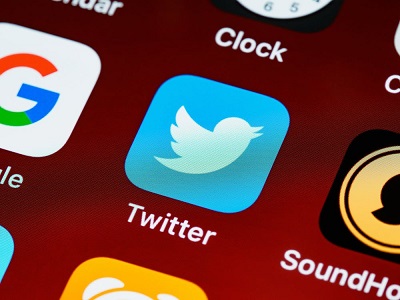A Delaware court has ordered Twitter to relinquish to Elon Musk records from its former consumer product head related to the spam and bot accounts which the billionaire has cited, in seeking to nullify his $44 million purchase agreement with the social media giant.
Twitter, however, was not called upon to produce documents for all the other employees Elon Musk had demanded records for, which he had maintained were key witnesses on the bot issue.
Musk had accused Twitter of hiding witnesses from him which he required. He said the witnesses were required to prove Twitter had mislead him on the number of bot and spam accounts on the social media platform, as well as the size of the audience of Daily Monetizable Users. He had asked the judge to force Twitter to identify all of the related employees. He noted Twitter had only supplied the names of “records custodians,” who were not familiar with how the records they were entrusted with were generated.
Musk’s request was denied in a one-page ruling by Delaware Chancery Court Judge Kathaleen St. J. McCormick, which said Twitter need not “collect, review, or produce documents” from any of the other 21 witnesses Musk wanted details on.
The judge did force Twitter to turn over details on Kayvon Beykpour, former head of consumer products, who had been fired in May as Twitter shuffled its management in anticipation of Elon Musk’s takeover.
Beykpour had spent years as the top product executive at the social media giant, but was suddenly fired by new CEO Parag Agrawal. His team was most responsible of user-base expansions, and now it is the exact nature of that base which is the pivotal issue in Musk’s case.
Beykpour had been merged into Twitter when the company purchased the live video app he founded, Periscope. He quickly moved through the ranks as one of then CEO Jack Dorsey’s go-to executives. He had begun trying to expand Twittter’s product offerings into newsletters and live audio spaces just before Agrawal ousted him.
Musk’s demand for records was part of the flurry of subpoena’s back and forth issued to banks, investors, and attorneys, commonly seen in such trials as lawyers desperately search for ammunition to use in the upcoming trial to support their client’s position.
Twitter alleges that Musk is merely using the issue of bots and spam accounts to try and withdraw from his purchase agreement as Twitter stock shares have recently declined in value. Musk states that he agreed to purchase a social media company which had 5% or less of its users as bot or spam accounts, and once he began an examination, data indicated that conservatively Twitter has over twice that number.
The trial will begin October 17th in Wilmington Delaware.
The case is Twitter v. Musk, 22-0613, Delaware Chancery Court (Wilmington).

